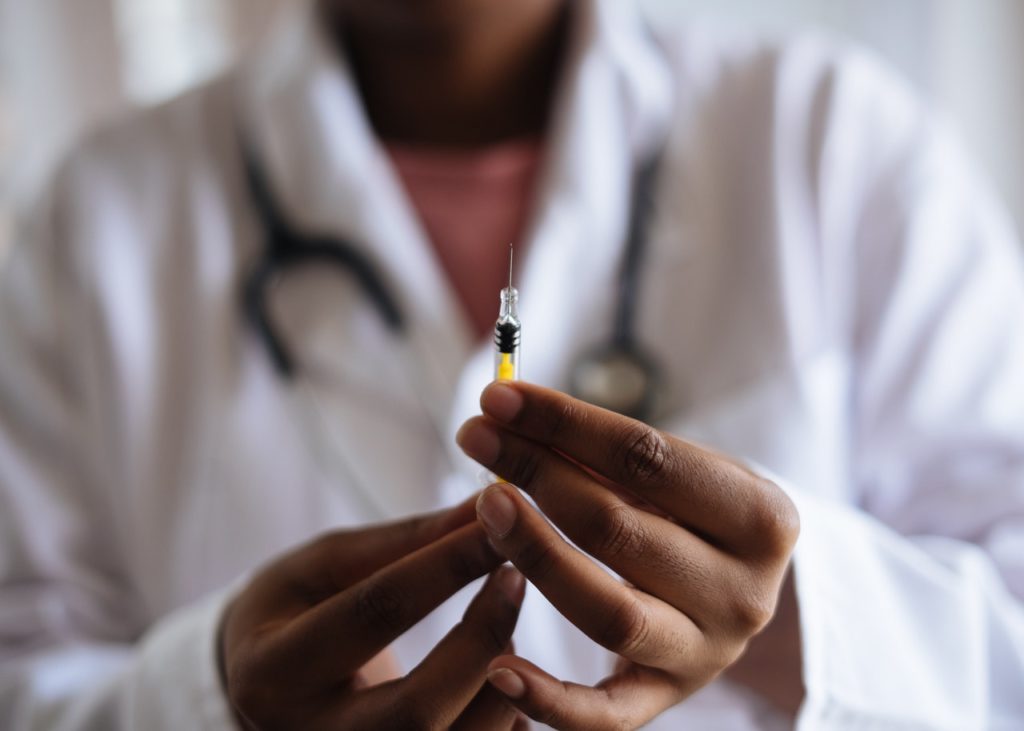Since its creation, social media has already come a long way. From merely a tool to connect people from different parts of the world, it has evolved to the necessity that it is today.
To most people, social media has become an important aspect of their business and livelihood. Businesses utilize different social media platforms to widen their reach and establish a strong online presence.
Establishing an Online Presence amid the Pandemic
This has become especially true when COVID-19 swept across the globe. Almost everyone took their business and livelihood online given the safety measures against the coronavirus. With physical distancing and self-isolation put in place by both local and federal governments, the movement has become very limited which caused stores, establishments, and companies to cease their operations and devise ways to remain productive remotely.
This has led to an influx of online activity with e-commerce enjoying a sudden surge in popularity. Most businesses had to quickly adapt to the changes brought by the pandemic. Those without social media accounts saw the value of having one as they saw its great potential of connecting to people.
How is Social Media used in the healthcare industry?
As mentioned earlier, different businesses from all industries went online during the pandemic to keep their businesses afloat, including the healthcare industry.
The question now is how is social media utilized by businesses related to healthcare, such as a medical practice or a home care marketing company?
It is a good platform to share information.
While the internet is known as the information superhighway, social media is one of its main thoroughfares that make information dissemination a lot easier.
Healthcare companies took advantage of this and used this medium to share relevant and important information with the public. Since almost everyone spends a huge chunk of their day on platforms like Twitter, Instagram, and Facebook, this allowed companies to send out crucial data and findings to the public at a faster rate.
They can post a status update on their page, engage the public in the comments section, and share articles and blogs about healthcare and other related topics.

It allows healthcare practitioners and companies to evaluate their competition and improve their services.
When it comes to competition, healthcare companies use social media to follow their competitors and see what they’re up to and what they’re doing right. This gives companies the chance to evaluate themselves and their competition and see look for areas they can improve in. Doing this gives them an edge over the competition.
It is also a great avenue for the people to reach out to them and provide feedback, regardless if it’s positive or negative. And we all know how vocal the netizens are about their thoughts, opinions, and suggestions. There may be plenty of nonsensical comments but there are also numerous valuable suggestions from the public that can help companies bring their game to the next level.
It can be used as an avenue to provide training to medical personnel.
Since we’re already living in an age where education and training all take place online, social media platforms such as Twitter, Facebook, and YouTube provide medical personnel with different avenues for learning.
Some companies make use of hashtags on Twitter for presentations. Others provide tutorial videos in Facebook groups or YouTube channels to decentralize their training sessions and make them easily accessible to those who have the links to the presentations.
Facebook groups and group chats, in particular, make the remote learning process a lot more enjoyable and interactive. It gives trainees the chance to ask questions and discuss theories and concepts in real-time.
It is a crucial communication tool during times of crisis.
Social media is a very powerful communication tool that has proven to be very crucial when the pandemic started. Local and federal governments used the medium to spread vital information about COVID-19-related news and updates to their followers.
In a similar fashion, medical experts and practitioners all took to Twitter and Facebook to consistently give their updates and reports on the latest developments in the fight against COVID. They provided live updates on procedures, answered the public’s questions, and addressed their concerns online. This proved crucial in debunking myths and discrediting fake news that spread like wildfire and made people paranoid.
Despite the toxicity we’ve all been seeing on social media recently, it has redeeming qualities that make it a valuable asset for individuals and business entities. One just has to learn to use it responsibly with self-control so that it can be used for the benefit of all and not just as a means of self-expression.

